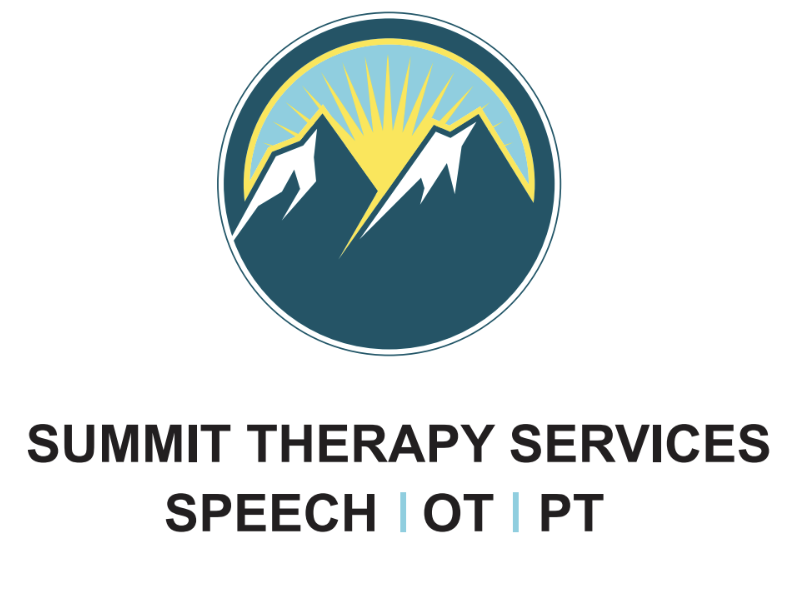Clinical& Academic Focus
ALL SERVICES
Speech, Language...What's the difference?
Often times these words are used interchangeably, but there is a big difference!
Language is defined as the ability to understand and interpret language, with or without sound. If you think about it, we can communicate using words, sounds or gestures (head shakes, shoulder shrugs, etc).
Our friends at understood.org say that speech refers to the actual sound of spoken language. It’s the oral form of communicating. Speech is talking: using the muscles of the tongue, lips, jaw and vocal tract in a very precise and coordinated way to produce the recognizable sounds that make up language.

Is it possible to have a disorder or disability in one and not the other? Both?
The short answer is, “Yes.” It is possible to have the inability to communicate using speech while still being able to understand messages around you. If you’ve ever lost your voice, you understand.
It is also possible to have challenges in both of these areas. The best way to determine if you, your child or your loved one has a disorder or disability in one area or both is to have a licensed and qualified speech-language pathologist perform a formal evaluation in both of these areas. We are here to help!

Clinical Therapy & Academic Speech Services
What is the difference between academic/school services vs. clinical services?
We can provide evaluation, therapy and consult services for children while working with your child’s school-based SLP (after written permission is granted) to compliment goals to maximize success across multiple settings (home, school, extracurricular activities). Our aim is to make all goals and therapy sessions as successful as possible by using our in-house developed program of FUN: All goals are Functional, Unique and Necessary.
We welcome the
opportunity to help you.
WE PROVIDE EVALUATION, THERAPY AND CONSULTATIVE SERVICES FOR THESE COMMON DIAGNOSES/CONCERNS::
- Dysarthria
- Cognitive and Executive Functioning (Memory)
- Aphasia due to Stroke
- Communication Difficulties Resulting from Stroke
- Traumatic and Acquired Brain Injury (TBI)
- Voice Disorders/Dysfunction
- Swallowing Disorders/ Dysphagia
- Developmental Delays
- Parkinson’s Disease
- Articulation Disorders
- Linguistic differences vs. disorders
- Accent reduction
